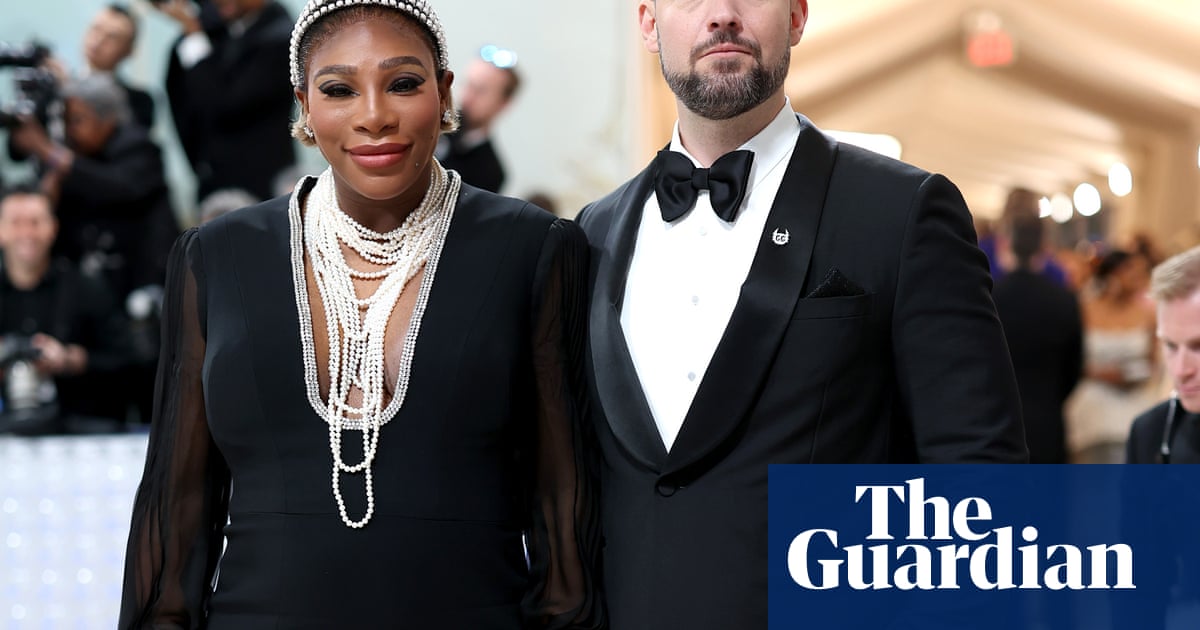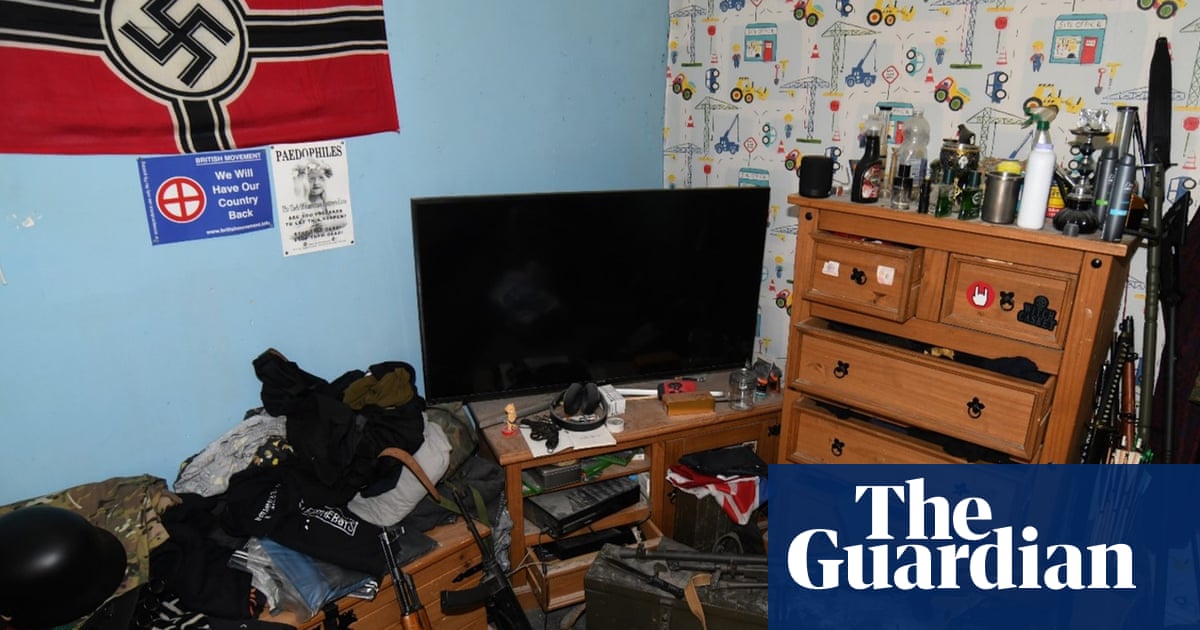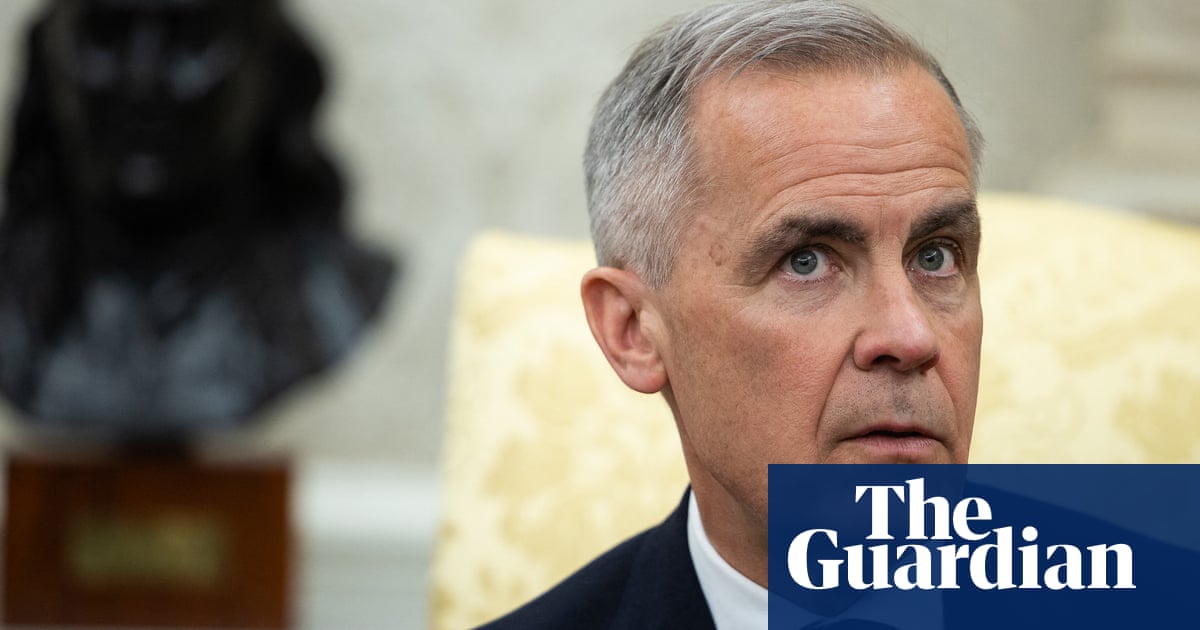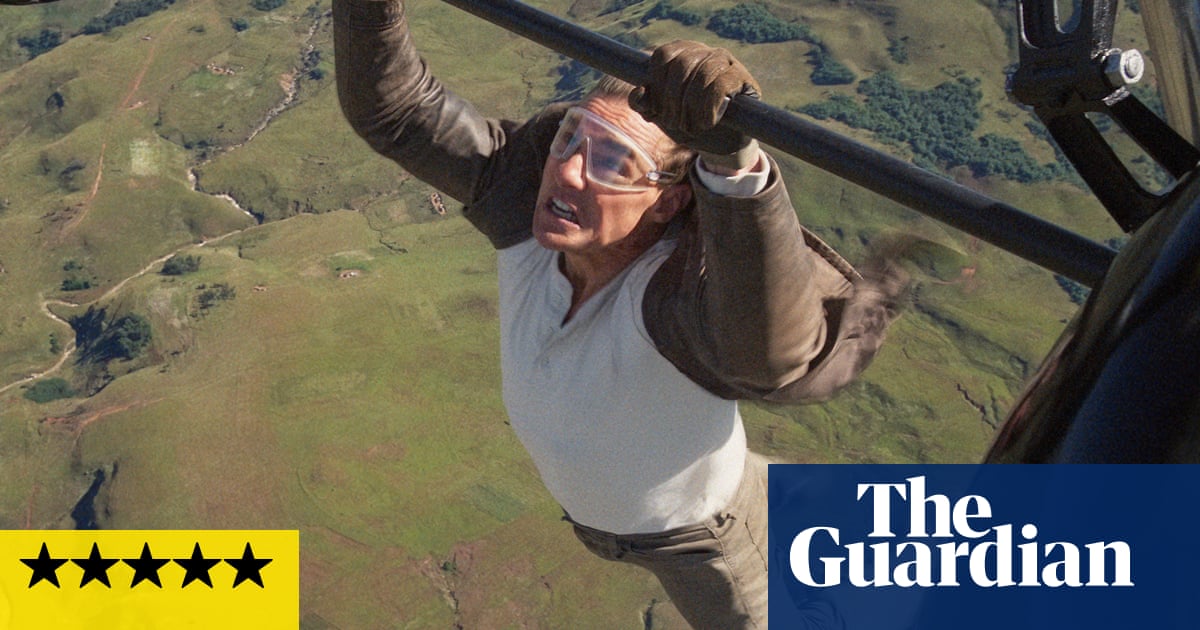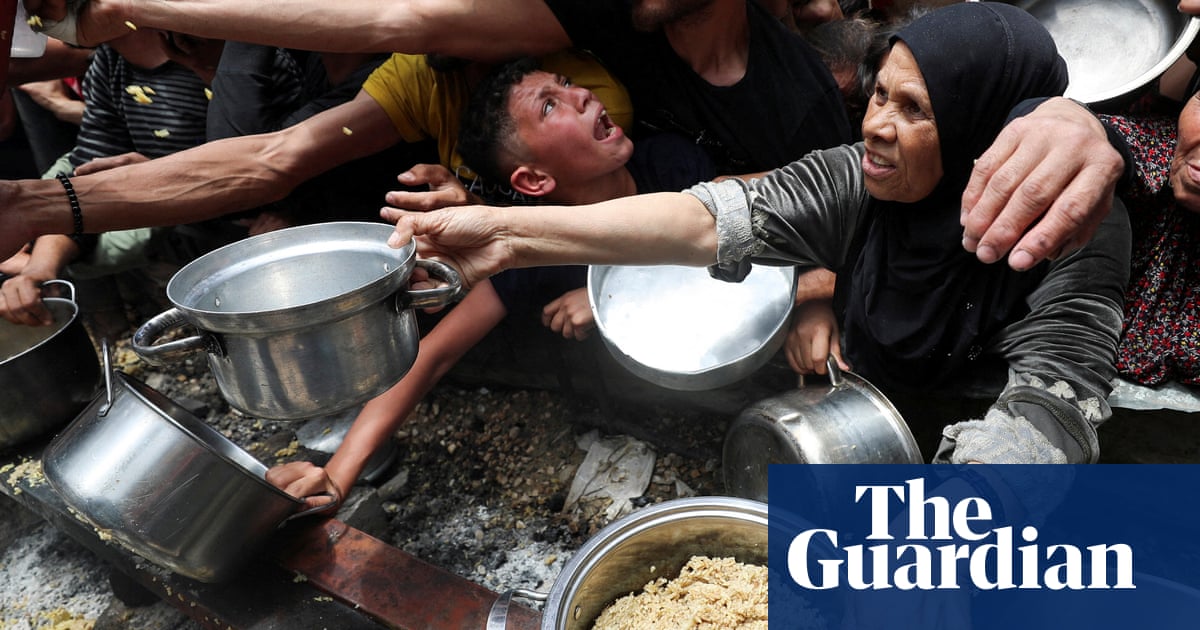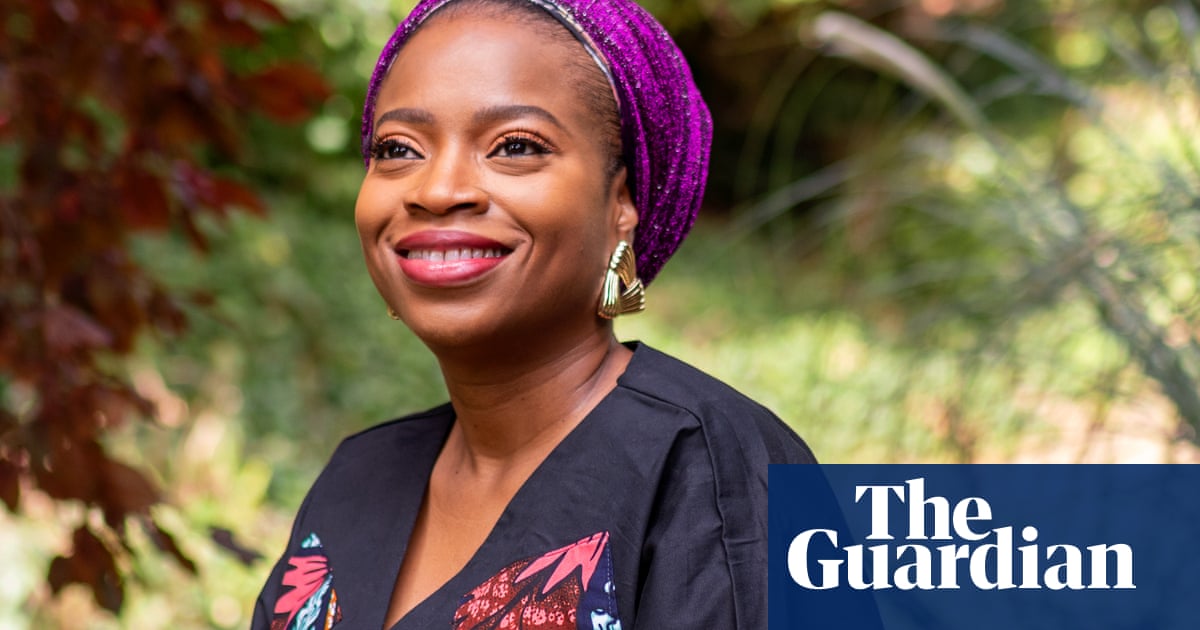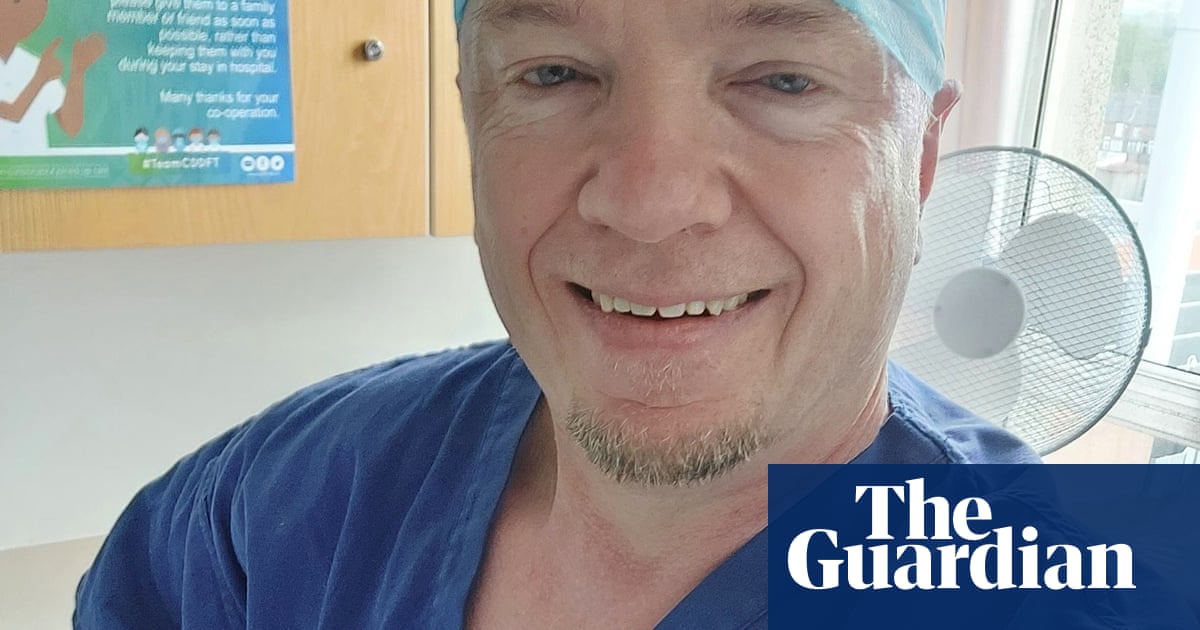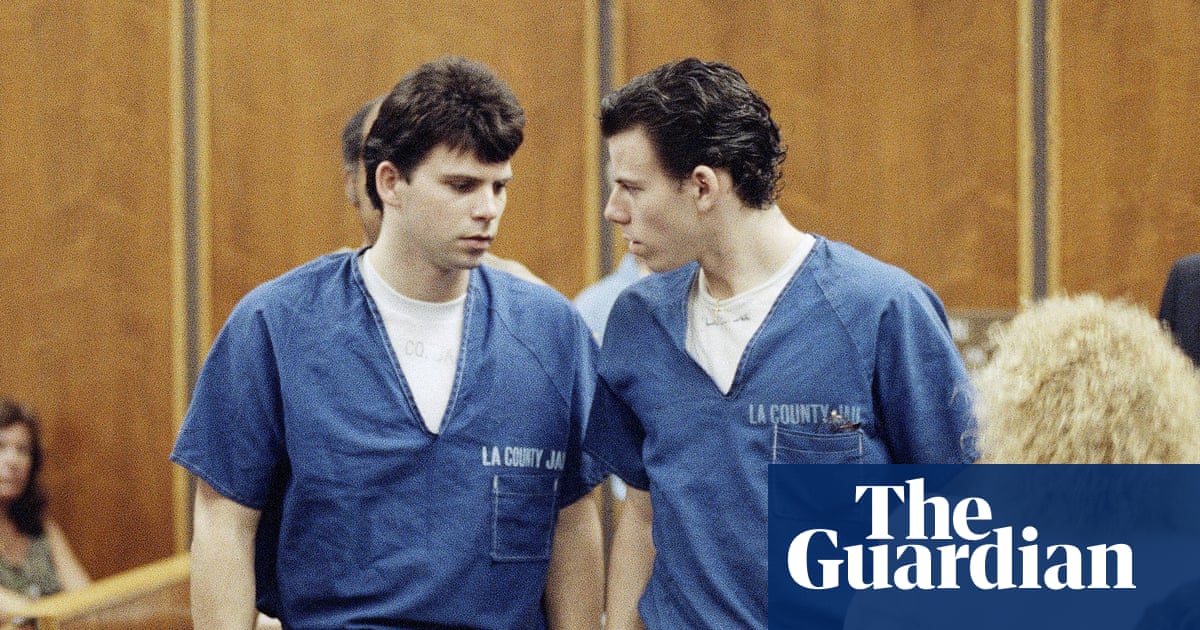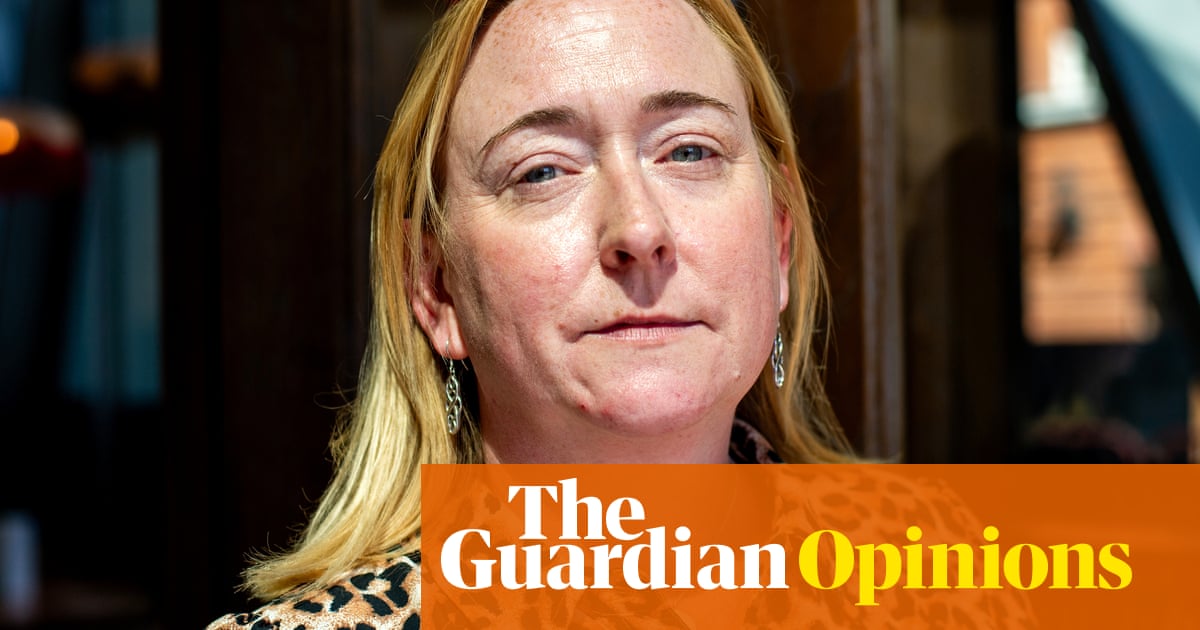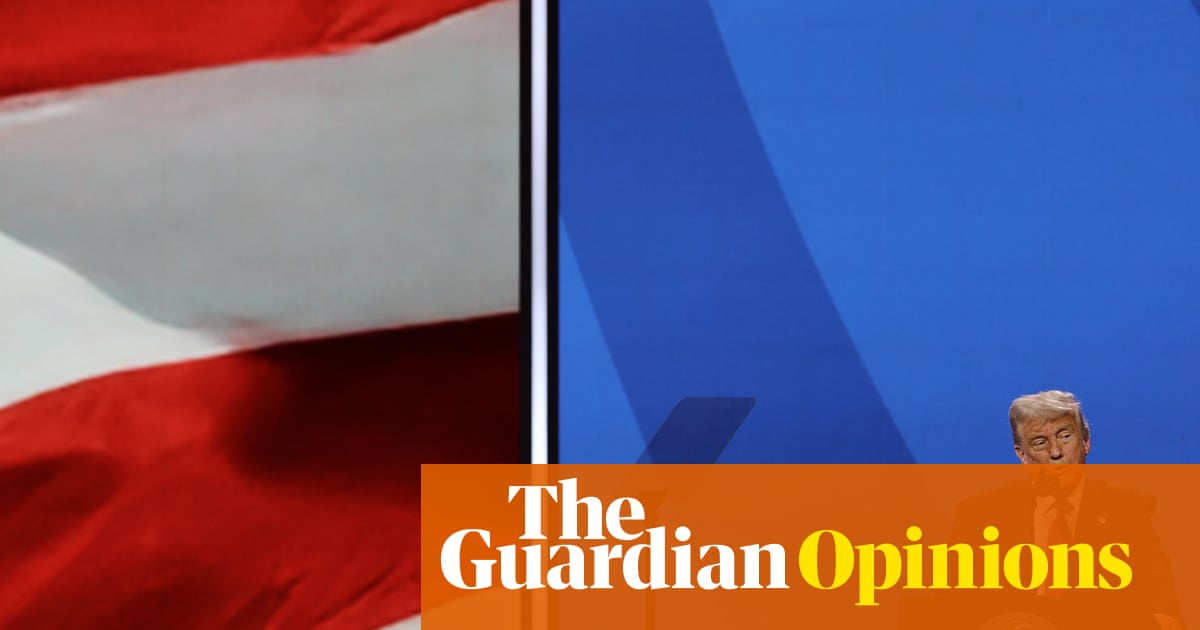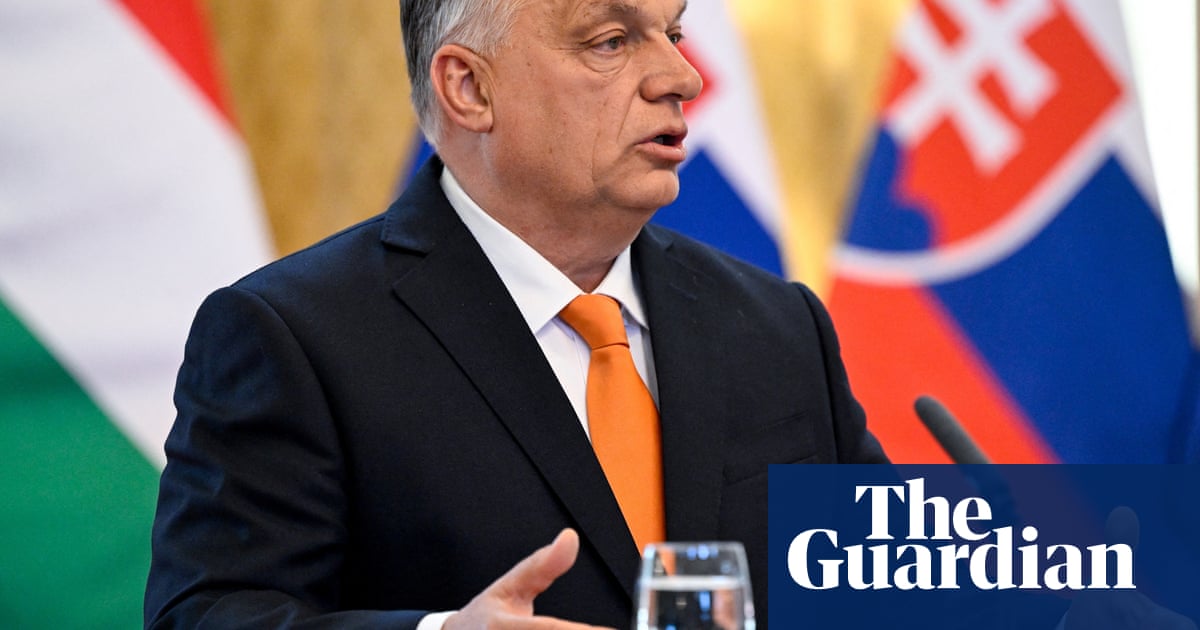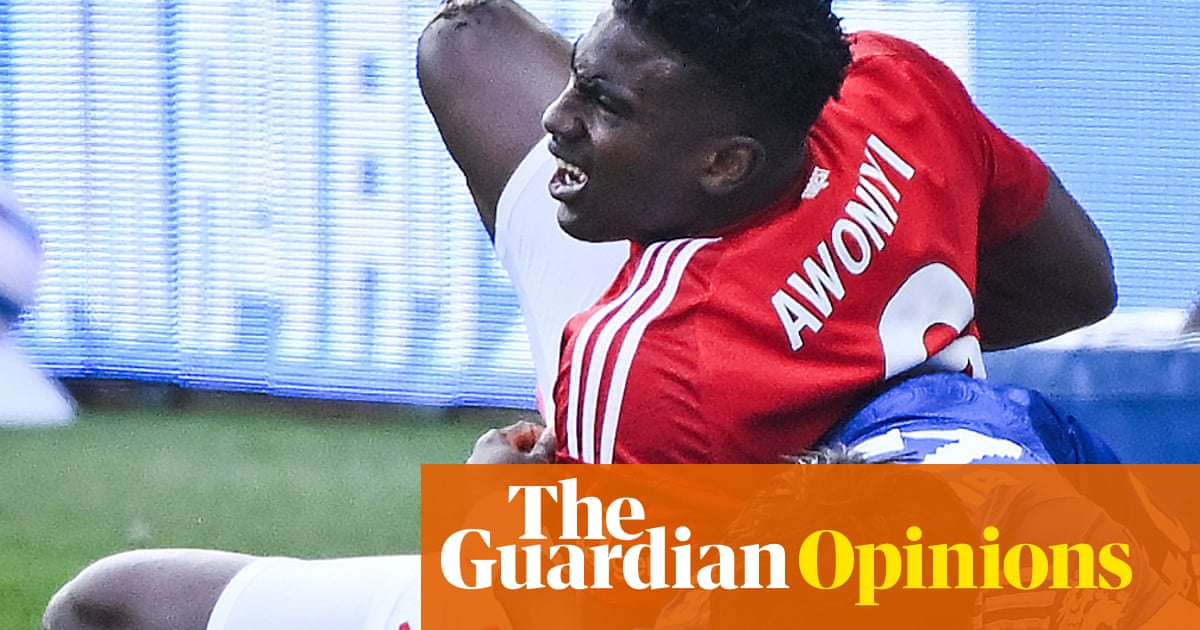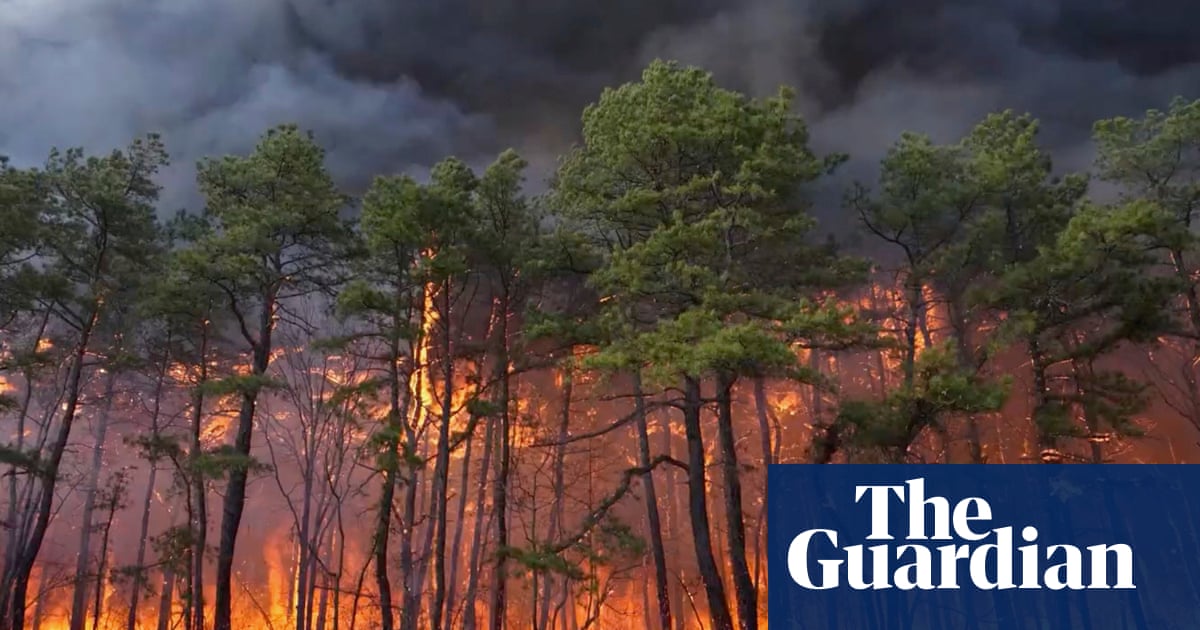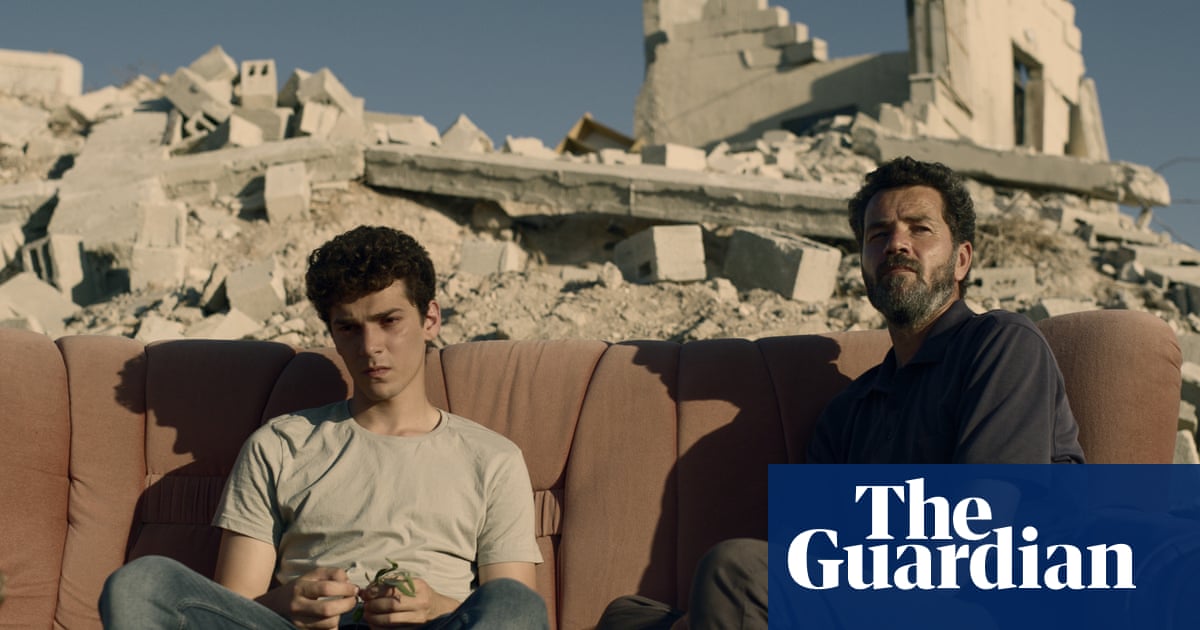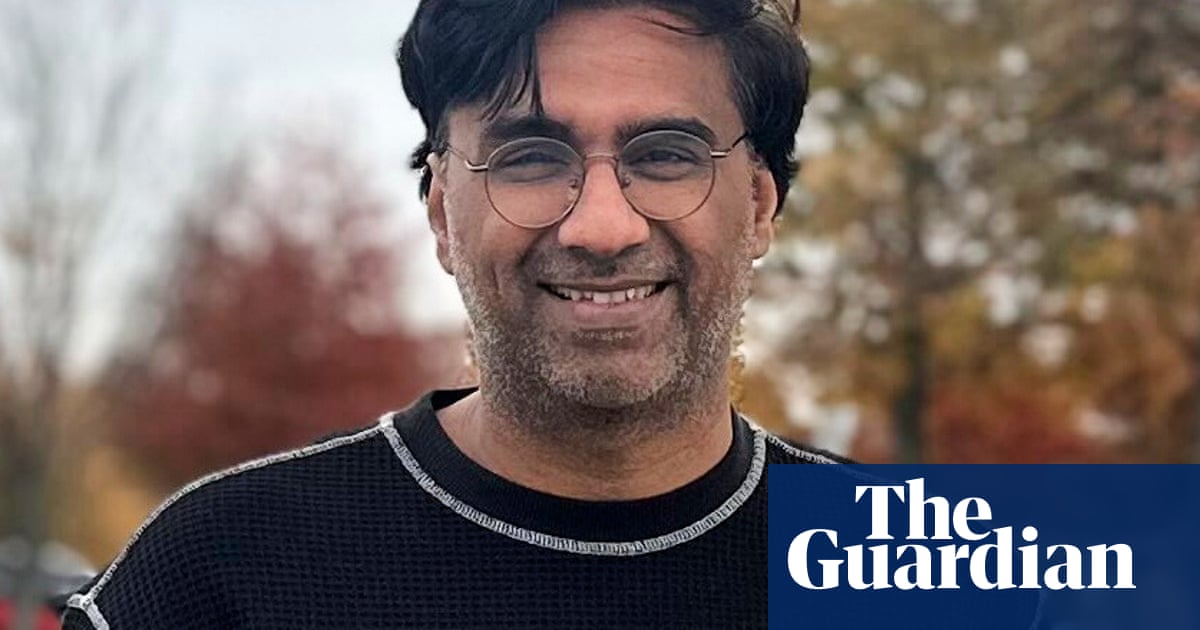A decade of war in Yemen has left us in a place we never could have imagined. Our biggest worries were once exams, work and weddings. Today, we live with the weight of constant fear. You wake to the sound of explosions or the silence of grief, leave your home uncertain if you will return, look at your child and wonder what kind of future awaits.
Yet life goes on. We carry our losses, our broken hearts, our grief, and we continue. Ten years of war, ten years of mourning, of learning to survive with a lump in our hearts.
I remember my childhood: the crackle of the radio, the glow of a cigarette. I see my Grandpa Abu Bakr sitting on a small dirt hill, calling out, “Come, let me teach you the alphabet.”
I leap up and he embraces me, extinguishing his cigarette and turning off the radio. I race him to the house and the door opens to reveal Aunt Aisha, my second mother. She would serve me rice, fish and tomato sauce. Even when I was old enough to eat on my own, she fed me with her hands. “Do you like it, my dear?” she would ask, her voice a lullaby to my soul. Years later, I sat beside her once more, but her eyes, once full of love, were clouded by Alzheimer’s, her hands thin and frail.
Grandpa had already left this world, losing his sight after a failed surgery. He once asked me, “Do you know how to make tea?” “Even if I didn’t, I’d make it for you,” I answered. That was our last conversation. Aunt Aisha survived memory loss but not cholera. The killer of Yemen. The disease took her like it had already taken thousands more. She died not because of fate, but because war has turned sickness into a death sentence.
Then there’s Hussam, my brother. His death stays with me. We tried so hard the night before he passed, but the roads were closed. We couldn’t bring him the oxygen he needed. I was right there, watching, helpless. I saw the redness in his cheeks fade. The pimple he had the day before, gone. His soul was leaving his body, and I couldn’t stop it.
My mother held him through the night. Humming softly, silently crying as his last breath slipped away. She didn’t scream, didn’t wail, just held him, as if she could keep him a little longer. It haunts me. I wonder if there was more I could have done. The roads closed, the hospital out of reach, I had to just sit and watch death take him.
Loss in Yemen is everywhere. It follows people like Hayat, a woman who carries more pain than any human should. She has a bachelor’s degree, she had dreams. She gave birth in the rain after running for her life from bombing. She no longer sees herself as a woman. She told me she has forgotten what it feels like to wear perfume, to look in the mirror, to exist beyond suffering.
Her son, Hussam – the same name as my brother – suffered a severe head injury. She had nothing. No money, no way to call his father, no one to turn to. She lost consciousness many times from exhaustion, hunger, despair. Then people around her, people who had nothing themselves, started throwing scraps of paper into her lap. She didn’t understand. Then she realised the paper was all the money they had in their pockets. They gave her everything they could so she could take her son to the city hospital. The poorest of the poor saved her child.
When I think of places untouched by war, I think of streets where people have never heard a bomb or had the pain of watching someone they love take their last breath. Where families are not hungry day after day, where supermarket shelves are filled with choices. I realise how much of Yemen the world is missing. We are not just war or headlines or suffering.
We are culture, beauty and love. Yemen, where the suffering is endless, but generosity is boundless. Where people with nothing will find something to give because they know what it means to have even less.
Nada Al-Saqaf is a writer and artist working in Yemen for Oxfam

 1 month ago
23
1 month ago
23

